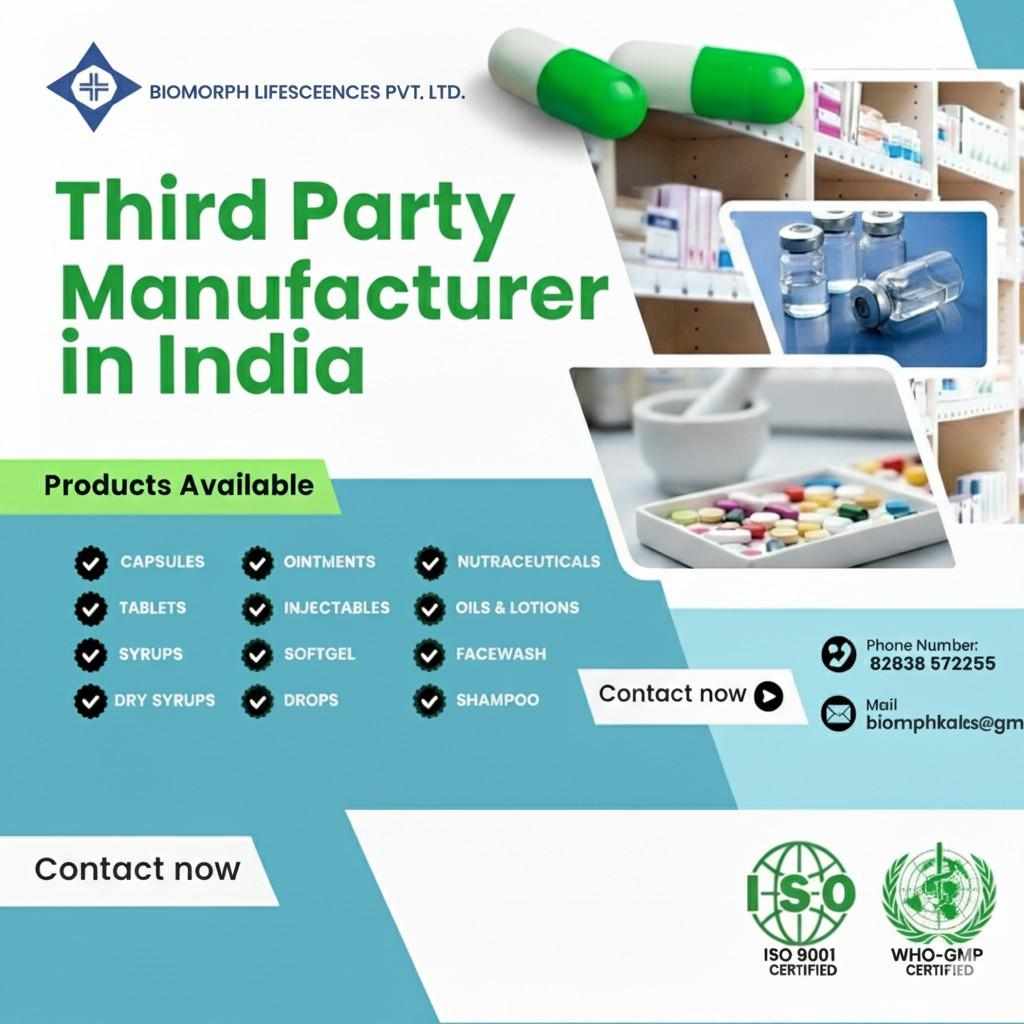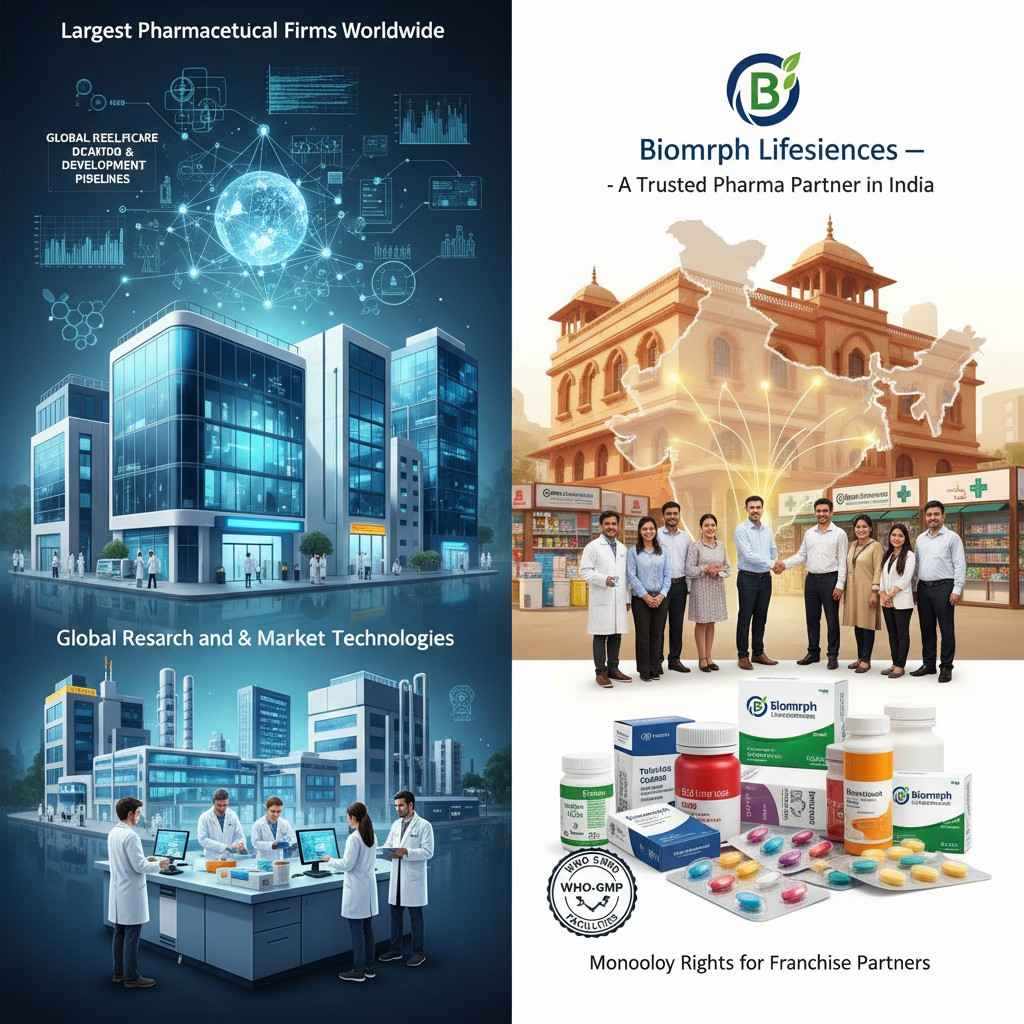
Introduction
The healthcare landscape across the world is changing at a breakneck speed, and the pharma sector lies at the heart of this evolution. From the discovery of lifesaving drugs to enhancing healthcare service quality, pharma plays a key role in improving human life. It is tasked with performing research, creating, manufacturing, and providing a wide range of medicines and therapies to cure diseases, curb conditions, and promote general well-being. As medical needs increase and new challenges emerge, the pharma sector evolves further, triggering extraordinary advancements that shape the future of medical science. An awareness of the importance of pharma provides us with insight into the critical role it plays in international health and patient care.
What Does the Pharma Industry Do?
The pharma industry is the most vital component of the healthcare system. It involves a series of complex and highly regulated processes with the aim of delivering safe, efficient, and cost-effective medical solutions.
Most important Functions of the Pharma Industry
Discovering new drugs to treat various diseases
Conducting clinical trials to ensure safety, efficacy, and dosage consistency
Manufacturing drugs in strict quality and safety standards
Meeting regulatory requirements and obtaining necessary approvals
Marketing and distribution of pharma products globally
Why Pharma Matters to Global Health
Pharma is not only making drugs happen — it is crucial to maintaining and improving public health. Its success impacts tens of thousands of lives every day.
Driving Medicine Innovation
Ongoing research and development activities in the pharma industry result in revolutionary medical interventions, such as vaccines, specific therapies, and sophisticated treatment techniques. Such innovation is central to the fight against new diseases and enhancing current healthcare interventions.
Guaranteeing Safety and Quality
Stringent testing procedures and compliance with regulatory requirements assure that each drug put on the market by the pharma industry is of the highest safety, quality, and efficacy standards before patients receive them.
Enhancing Public Health Outcomes
Pharmaceutical firms create vaccines, antibiotics, and drugs for chronic diseases that prevent illnesses, lower death rates, and improve the lives of people all over the globe.
The Drug Development Process
Creating a new drug takes a long time and is a complicated process that takes over a decade. It has several important steps to make sure that the end product is safe and effective for consumption by humans.
Discovery: Identifying drug candidates that are able to treat or manage specific conditions.
Preclinical Testing: Conducting laboratory and animal testing to assess safety and biological activity.
Clinical Trials: Testing the drug in human subjects to confirm safety, dosage, and effect.
Regulatory Approval: Submitting data to health agencies for review and approval.
Manufacturing and Distribution: Large-scale manufacture of the drug and distribution to physicians and patients.
Practical Advice for Choosing the Best Pharma Partner
Being a healthcare professional, distributor, or business investor, choosing the best pharma firm is essential. Keep an eye out for these important factors before you join hands:
Check for international quality certifications such as WHO-GMP, ISO, or FDA approvals.
Review its product range and therapeutic classes.
Review its research and development strength.
Verify the company's reputation, record, and customer reviews.
Confirm high quality post-sales support and compliance with regulations.
The Future of the Pharma Industry
Technology, innovation, and individualization are driving Pharma's future. Biotechnology, artificial intelligence, and precision medicine are transforming drug discovery and delivery, curing diseases better and more tailored to patients. Moreover, collaborations between governments, research centers, and pharma organizations are enabling faster action in response to public health crises such as pandemics, orphan diseases, and antibiotic resistance.
Conclusion
Pharma is not just a pharmaceutical company — it's a part of bringing healthcare, saving lives, and improving quality of life. Through technology, quality, and commitment to public health, pharma is ongoing to set the course for the future of medicine. With continuous advancements in medical science, its role will be ever more crucial, driving new treatments and solutions that bring medicine closer and better for everyone.
For additional information and quality pharma solutions, check out Biomorph Lifesciences.










Write a comment ...